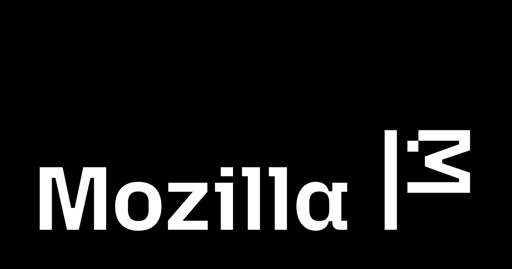Ahhh interesting. I haven’t worked with webrtc so never ran into that!
- 2 Posts
- 165 Comments
You should try out something that utilizes the normal system webview instead of electron that just bundles chromium.
Check out tauri

 2·7 months ago
2·7 months agoRemote admin can still be done via VNC and SSH though eh? Might be missing your use case there, but that’s what I do normally.
And, phone dependent, you should already have video out for presentations

 2·7 months ago
2·7 months agoWhat are yalls primary use cases going to be for this? 🎤
Check out LinkedIn for this
Edit: multiple days later… Linkwarden not linkedin…

 2·7 months ago
2·7 months agoI saw RYOT (roll your own tracker) a few months ago but haven’t looked at it since. Will take a deeper look tonight after work

 3·7 months ago
3·7 months agoIs there something self-hosted I can use to track my movies/TV? I like seeing my monthly/yearly breakdowns and I’ve been using trakt for this for a number of years.
Integration with jellyfin would be a plus.

 11·7 months ago
11·7 months agoThats really cool, hope this becomes more of a trend

 10·7 months ago
10·7 months agoYeah I’m confused, isnt language tool also already open source? Nothing on the above repo explains the difference. Official language tool server can be found below

 2·7 months ago
2·7 months agoI opt for the happy middle route- I use gadgetbridge on a huawei watch fit 3 so I still get good stats/UX but I’m not reporting back to anyone.
I am eyeing the new pebble watches, though

 3·7 months ago
3·7 months agoCheck out SFTPGo for backups.
Also, I wouldn’t open any ports on your parents network other than for something like wireguard
I especially wouldn’t expose home assistant to the internet, as it’s quite lax on the security front.
As for RAM, 8gig will be more than enough unless they have an ungodly amount of smart devices. I’d stay away from a raspberry pi when deploying to an offsite location, as they’re not very reliable long term. Get a NUC or something similar. I just picked up a gmktec n150/12gig soldered on amazon for like $130
I need something like this but I install bare metal over docker most of the time. As of now I just subscribe to RSS feeds for releases, but I’d like something I don’t personally need to remember
I also have several machines at home (all run proxmox) and a VPS

 1·7 months ago
1·7 months agoYeah no ublock origin really won’t block all that many, the chattiest DNS comes from apps and smart devices, windows and mac laptops etc.
I also run ublock on all of my browsers

 5·7 months ago
5·7 months agoI run a handful of instances across different networks, 1.7% is suspiciously low, you should make sure you’ve got the right lists. I like HageZi’s
This is why I don’t use raspberry pis and just opt for mini PC’s these days. Price per unit is too high and then failure rate of SDs is also too high.
I keep a couple around, but I highly doubt I’ll ever buy one again

 1·7 months ago
1·7 months agoLol, when I moved the most recent pihole version had just got released so I wanted to check it out. I have pihole service my IoT network and 3 adguard->unbound instances setup for my main network for fallbacks 🤣.
But yeah I hate ads/trackers with a burning passion as you can see hahaha

 2·7 months ago
2·7 months agoYep you can self-host findmydevice anywhere. Personally, I deployed it on fly.io as I don’t expose my local network to the internet for security reasons

 1·7 months ago
1·7 months agodeleted by creator

 6·7 months ago
6·7 months agoHeadscale
Matrix server (conduwuit, soon to be tuwunel)
Matrix bridges (slack, discord, whatsapp)
Adguard
Pihole
Findmydevice
Redlib
Linkwarden
Forgejo
Ntfy
Molly socket
Home assistant
Uptime Kuma
There’s probably more that I’m forgetting lol




Are Lemmy apps compatible with piefed instances?